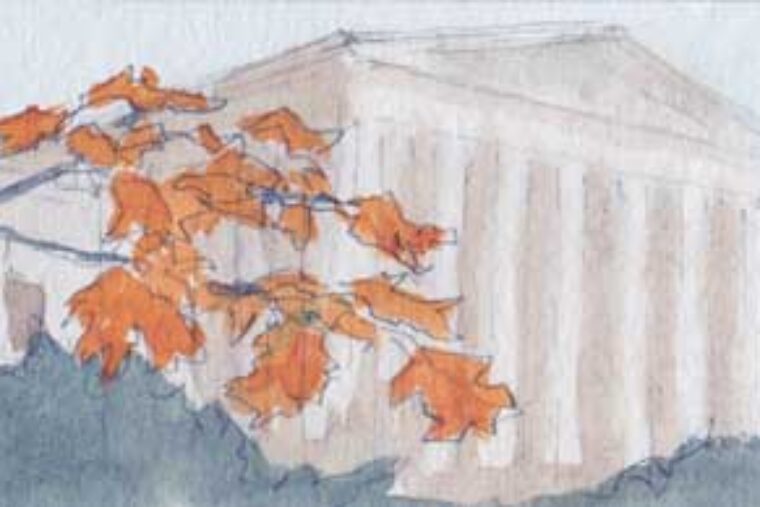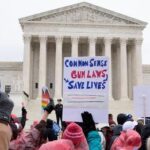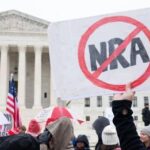‘In New York State Rifle, however, the court could finally enforce the Second Amendment by invalidating New York’s pretextual licensing regime. The constitutional problems are clear. In New York City, where we practice, the licensing structure allocates total and unilateral discretion to the NYPD to decide whose firearm possession is lawful and whose is a “violent felony.”’
When Jose was 22 years old, a stranger slashed his 16-year-old brother across the face on the way home from school. One year later, police stopped and frisked Jose on the street after they claimed to smell marijuana and see Jose move “furtively.” They didn’t find any marijuana, but they did find a pistol. When the police arrested Jose, he protested. He told them what happened to his brother, that he did not intend to harm anyone, and that he had a Second Amendment right to protect himself and his family. Nonetheless, New York prosecutors charged Jose with second-degree criminal possession of a weapon, a “violent felony” that applies to virtually all simple firearm possession cases in New York, both outside and inside the home. Faced with a 3.5-year mandatory minimum prison sentence, Jose pled to a lesser charge. His sentence was one year on Rikers Island — a “good deal” for simple firearm possession in New York City. For exercising a constitutional right, Jose is now a so-called violent felon.
As we argued in an amicus brief, we hope New York State Rifle & Pistol Association v. Bruen ends prosecutions like Jose’s. In District of Columbia v. Heller and McDonald v. City of Chicago, the court recognized a constitutional right to possess a firearm in self-defense. Despite those decisions, that right has been a myth for our clients. New York law says that if someone does not first obtain a government license, then they have no Second Amendment right anywhere, both outside and in their own home. That licensing requirement is the key to New York’s ban on firearm possession: It is a pretext whose true purpose is to make firearm possession unlawful. For our clients, it makes the Second Amendment a legal fiction.
In New York State Rifle, however, the court could finally enforce the Second Amendment by invalidating New York’s pretextual licensing regime. The constitutional problems are clear. In New York City, where we practice, the licensing structure allocates total and unilateral discretion to the NYPD to decide whose firearm possession is lawful and whose is a “violent felony.” It charges hefty fees, disproportionately burdening indigent people. And it results in a wildly disparate allocation of licenses, unsurprisingly favoring people who are associated with the police. No part of this gatekeeping structure is consonant with a fundamental constitutional right.
By Avinash Samarth, Aimee Carlisle, Christopher Smith, Michael Thomas, and Meghna Philip



